Feature
The Roadmap To Becoming A Serious Reader
In today’s world of television and instant gratification, reading has taken a backseat. However, as per YouGov, 18% of the people surveyed said that their new year’s resolution is to read more in 2018. So if you only flirt with reading and intend to read more, this month-wise guide will give you the roadmap you need to follow through on your resolution and get deeper into reading.
Side note for voracious readers: A few spots are still available for The Extraordinary Reading Challenge which will help you level up your reading this year! Explore new genres, read what you didn’t think you would read and win prizes along the way.
January: Stay in your comfort zone
It would be foolish to jump from what you like reading to something you feel you ‘should’ read – you’re only setting yourself up for failure. Pick up a book you know you will enjoy. If you choose something too heavy, you may get intimidated and give up.
February – A better book
The first month was easy, it’s what you already do. Try taking it one notch higher: another light book, but with a focus on the quality of writing and not just a gripping story. Use Goodreads or Amazon to help you find an author you are likely to enjoy based on what you currently read. A legal thriller- John Grisham is a safe bet (The Runaway Jury) or a Jeffrey Archer (Kane and Abel).
March – Getting serious
Now that we’re done with the thrillers and quick-read fictions, we can move on to more serious topics. There are many authors who tell a great story that is just as interesting as a good thriller but with a lot more depth. They explore human emotions and get into the aftermath of incidences that are rooted in the world. Karan Mahajan’s The Association of Small Bombs fits the bill quite nicely. Another brilliant author to explore this month is Jhumpa Lahiri and her profound work, The Namesake.
April – Twice as many
You’ve been reading steadily for three months. This month, read two books and see how you fare. Some people prefer finishing one book and then picking up another, and some prefer reading them simultaneously – you can try both and see which works for you. Try picking two relatively short books which are complementary but still different. So, say, one thriller with a love story (Gone Girl), and a pure love story (Love Story). Or a tragedy with a happy ending (The Kite Runner) and a feel-good book (The Guernsey Literary and Potato Peel Pie Society).
May – Non-fiction, yea or nay?
Now would be a good time to step out of your comfort zone and explore non-fiction. There are plenty of management, self-help and travel books but begin by reading an autobiography or a biography- preferably of someone you admire or a leader in a field you want to learn more about. Not only are well-written biographies engrossing, but also have the added benefit of giving you information about your idol. The humourous A Moveable Feast by Hemingway, featuring many literary luminaries and the deeply personal Kitchen Confidential by Anthony Bourdain are good works to pick up.
June – Fantastically fictional
We’re totally entering geek territory here. Fantasy fiction has some of the most die-hard fans who spend hours discussing their theories on social media sites like Quora and Reddit. Authors of this genre can create magical worlds replete with elves, fairies, dragons, princes, knights and kings. The most famous is the seminal The Lord of the Rings series but an easier read is His Dark Materials trilogy by Philip Pullman.
July – The Classics
Classics are a tricky genre. Many believe that till you’ve read your fair share of the classics you cannot be a true reader as they are an important part of the canon of literature. However, irrespective of whether you agree with this belief or not, many of these classics are, in fact, enjoyable. Further, you will often be able to see how many modern books are influenced by these works. Pride and Prejudice and To Kill a Mockingbird are excellent classics or pick up Lord of the Flies if you’d like to read a relatively modern work.
August – Deeper, and more intellectual
Since you’ve come this far, why not try your hand at reading a relatively heavy book, that is, a book which takes up a lot of your mind space and leaves you thinking, moved and possibly even shattered. A Fine Balance, The Lovely Bones and Em and the Big Hoom are excellent examples of such books.
September and October – Experiments!
Reading is all about experimenting. You’ll come across a genre or form of writing you like, and then find yourself obsessively reading everything like it. You don’t have to stick to novels; the world of short stories, poems and plays always beckon!
Poetry has the ability to use few words and an almost lyrical rhythm to create haunting images and incite deep emotions. Learning to appreciate poetry is an art unto itself. In poetry, you can always go the classic route with Oscar Wilde’s The Ballad of Reading Gaol or try a modern work like The Golden Gate by Vikram Seth.
Reading plays can be tricky as you’ll have to imagine the stage directions while reading them to make them come alive in your mind. Their structure is also usually more linear as opposed to a novel which can play with timelines. Forget Shakespeare and choose more modern plays like The Witness for the Prosecution or Night of January 16th. Of course, Harry Potter and the Cursed Child is an excellent read too.
Short stories seem like very quick reads but a well-written short story packs quite a punch. It would be safest to pick a collection by an author whose novels you already enjoy. Popular collections include A Twist in the Tale and Switch Bitch or read more poignant works like These Circuses that Sweep Through the Landscape or the evergreen The Four Million featuring O. Henry’s most famous work – The Gift of the Magi.
November – Make a commitment
A series is a serious commitment because you will probably be hooked after reading the first book. It lets you understand an author and become more invested in the characters as compared to a novel. Some series can be tremendously fun and light your imagination on fire like The Chronicles of Narnia while others can be thrilling to the last page like the Millennium series. Some can even be almost tedious to read but, oh so rewarding once you complete them, like the Ibis trilogy by Amitav Ghosh.
December – Magically Real
This is probably one of the hardest genres to read, but also one of the most rewarding. Many prize-winning authors write in this genre and much like fantasy fiction, magical realism has the ability to transport you to another world, which although a figment of the author’s imagination is deeply rooted in fact. Magical realism isn’t everyone’s cup of tea, but every reader should try it at least once. The Alchemist is an excellent, relatively easy book to read, but if you are willing to commit to a heavy read then pick up Love in the Time of Cholera, Norwegian Wood, or Midnight’s Children.
It’s been a year and without realising it you’ve not only accomplished your new year’s resolution of reading more, but also explored a variety of genres. You’ve read nail-biting thrillers and great romances, tear-jerking tragedies and vivid fantasy fiction. You’ve probably fallen in love with a character and hated a villain so much it hurts. You are now part of a world you do not want to escape.
So go on, find your current favourite – find the book which will leave you with the memories of a lifetime.
Don’t forget to download this 2-page printable cheat sheet to keep you on track for the rest of this year and help you become a serious reader.
Do you think you will read more if you follow this guide? Do you have any recommendations that can help others read more? Tell us in the comments below.
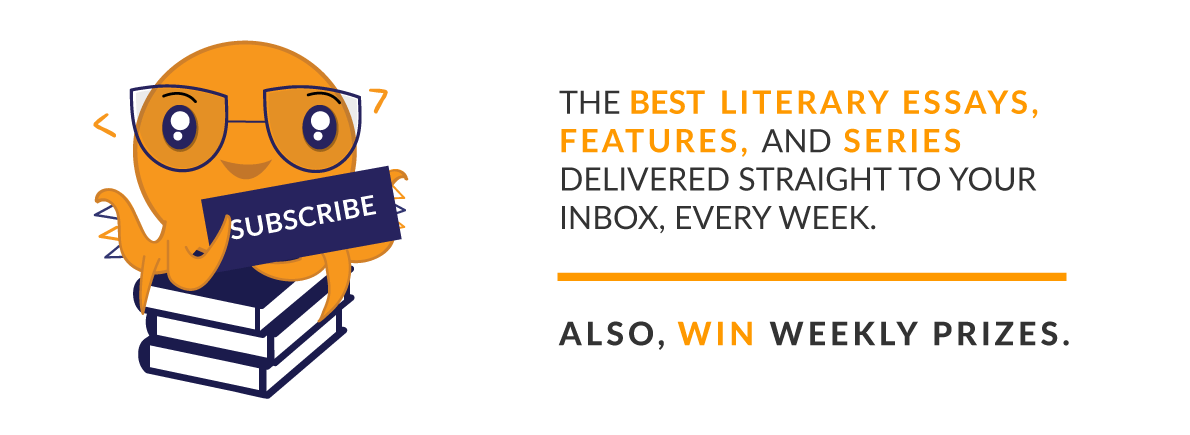


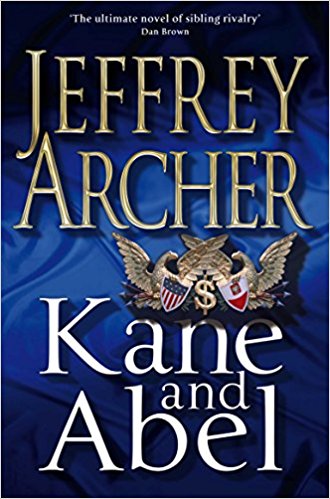
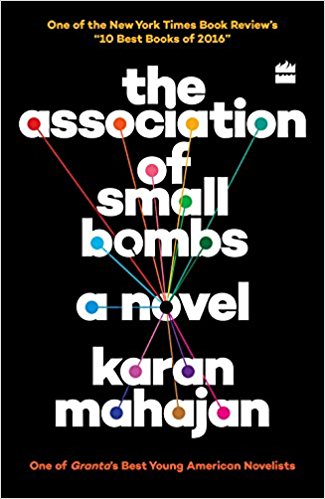
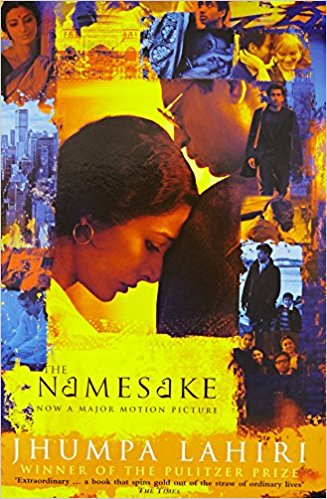
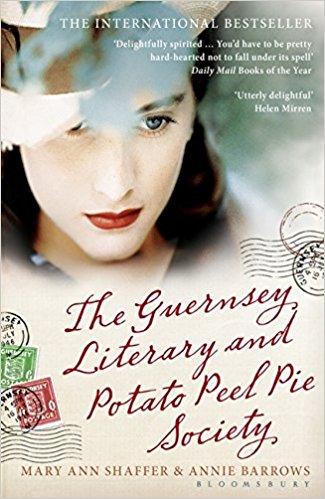
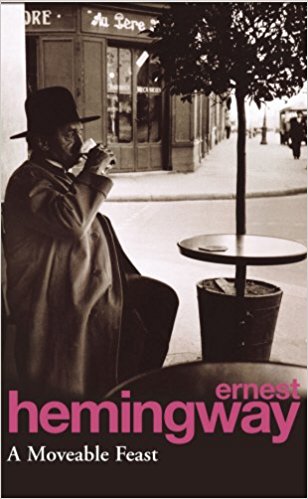
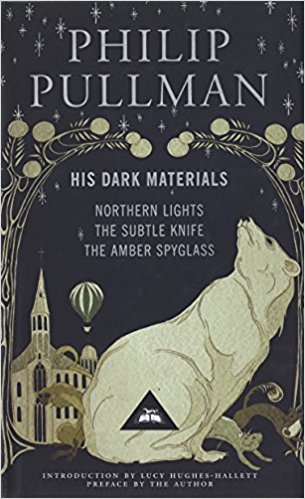
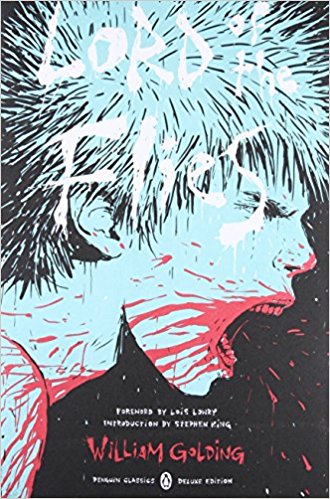
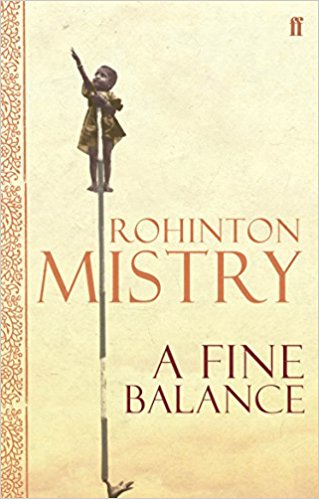
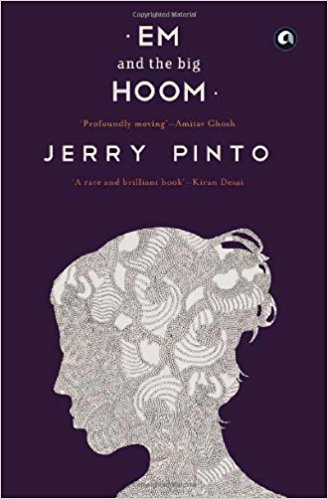


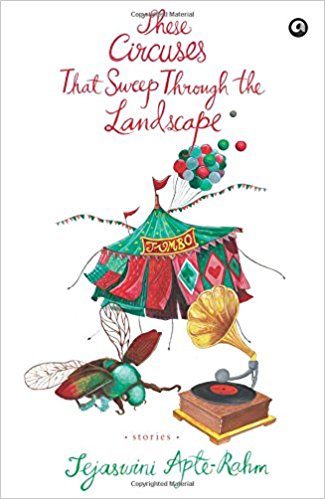
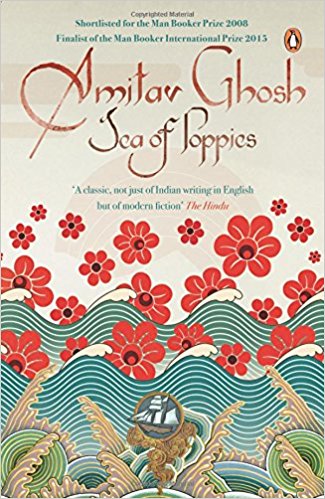

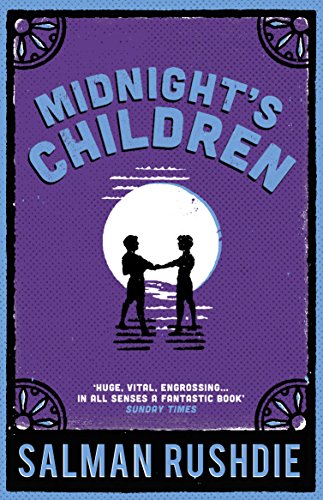

Check your inbox to confirm your subscription
We hate spam as much as you hate spoilers!